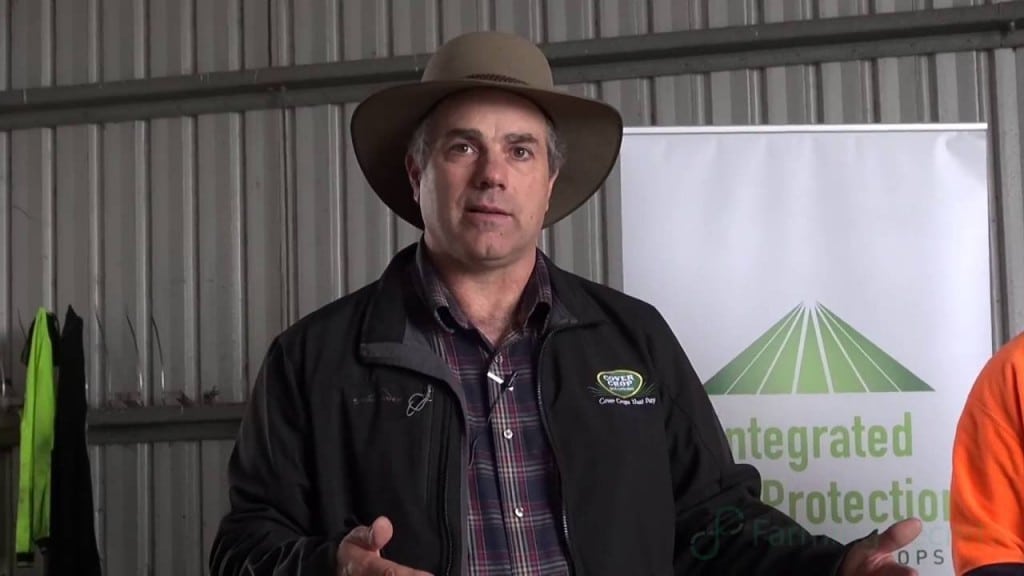I think it’s important that we learn how to ask the right questions. There are three questions too that will take you beyond just treating your cover crops like your cash crops. The number one question you need to think about and you can write this down in your notebooks:
What are you trying to accomplish? Now I want to ask you, were you trying to, with the leeks, what were you trying to accomplish? Is that what you were trying to accomplish there?
Adam: Not exactly, no.
Steve: So it was an unintended consequence. In this case, it was good.
Adam: Yep.
Steve: But we all think about, is it to increase the organic matter? That’s a common one. That’s very popular because we all know increased organic – no, you’re blessed with insane amounts of organic matter. That may not be your primary objective. We were just down in some fields that were literally like beach sand. There is an objective there to increase organic matter, clearly. I mean for them to gain 1% organic matter is huge. You’ll probably never see a difference with 1% more. So again, we each have different objectives. What is your objective? Is it to try to hold nutrients in place, make them more available? We all would have our reasons.
Then the second question is, what is the date, what’s the calendar, what’s the planting window? What is appropriate to plant right now? We wouldn’t like you said, we wouldn’t want to plant a summer annual type cover crop right now. We’re going into winter. So, sorghum, Sudan, stuff like that probably wouldn’t be the best choice now. It just won’t flourish. It doesn’t make – that’s a simple thing. I’m not going down over the list because you can think about –
The other thing is, are you willing to make the commitment to make it work?
This is a clip from “Walk the Talk” with Steve Groff: Cover Cropping filming available for Soil TV Pro Members.
Want to dig deeper into soils?
The Soil Learning Center is a hub of resources for farmers & growers who are on the regenerative journey. A platform created by soil lovers at Farming Secrets Media Group.
The goal of Soil Learning Center is just that: creating a central online space bringing together resources, education, content and inspiration, to better your growing practices, boost profits and product quality with an emphasis on sustainability and promote freedom from climate change.
For today’s modern farmers, you can’t afford to not know about regenerative farming and how these practices can help you succeed.
We’ll also discuss successful stories from other farmers and growers who have found their unique solutions using nature’s tools with this new form of agriculture.




